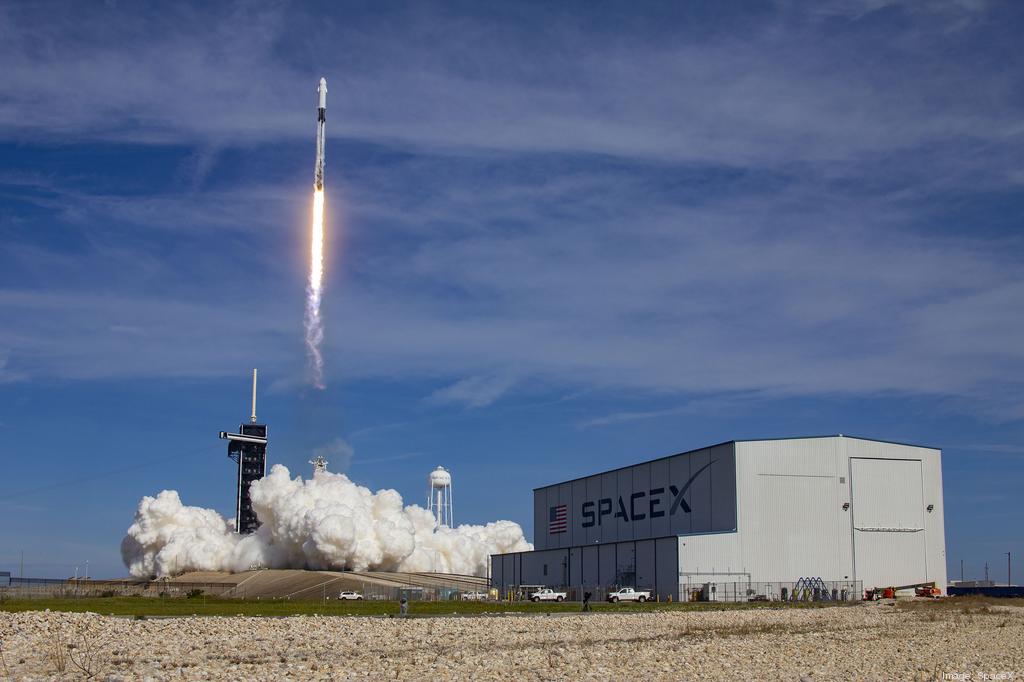Space Exploration Technologies Corp. will receive $160 million to launch two more missions for the Space Force.
The award follows recent news that SpaceX has raised another $850 million in equity funding, bringing its valuation to around $74 billion.
United Launch Services was also awarded two missions for $224 million.
The Space and Missile Systems Center (SMC) at Los Angeles Air Force Base in El Segundo, in partnership with the National Reconnaissance Office (NRO), is administering the contracts for the National Security Space missions.
“Today, we are making it possible for our National Security Space team to accomplish our mission of providing on-orbit space capability to the warfighter,” said Col. Robert Bongiovi, director of SMC’s Launch Enterprise, in a statement. “The National Security Space Launch Phase 2 Launch Service Procurement contracts provide our customers affordability, flexibility and extremely high reliability. This is the second order of the five-year Phase 2 ordering period. We are very pleased with the flexibility offered by our Phase 2 providers to make the best launch choices and adjustments as we proceed.”
Additional details are scarce as to what the missions will entail, but the task orders under the National Security Space Launch Phase 2 contract call for basic launch services and mission integration for USSF-36 and only basic launch services for NROL-69 using SpaceX’s Falcon 9 launch vehicle.
Work will be performed at SpaceX’s headquarters in Hawthorne, California, as well as Vandenberg Air Force Base in California and Cape Canaveral Air Force Station in Florida. The USSF-36 mission is slated to launch in the second quarter of 2023, followed by NROL-69 in the fourth quarter of that year.
Both SpaceX and ULA were previously awarded contracts for the first three missions under the phase two contract in August — for $316 million and $337 million, respectively.

Comments
Post a Comment